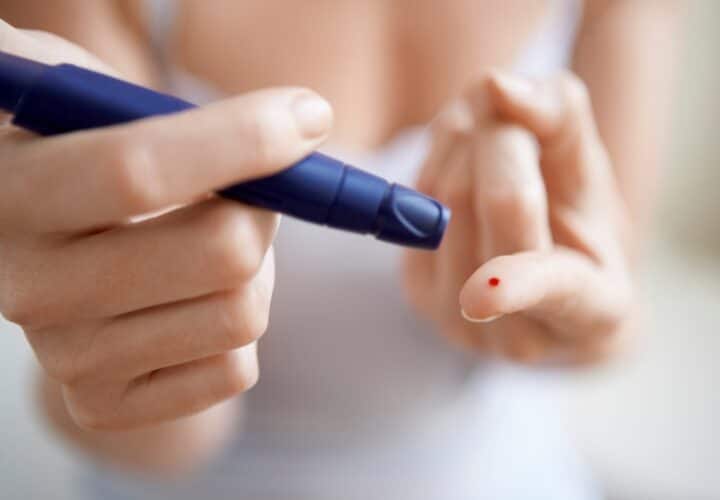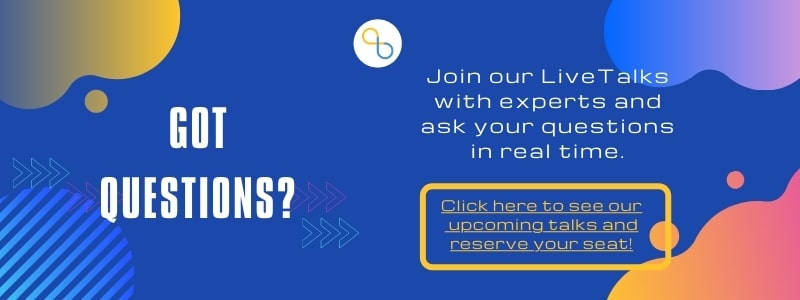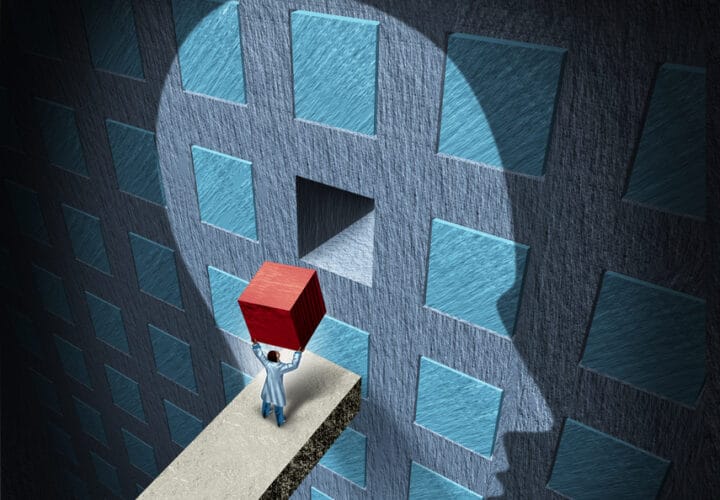Recent research shows that a blood test could be the only thing we need to detect who may go on to develop Alzheimer's.
An Alzheimer’s diagnosis has historically been difficult to confirm. Until recently, only an autopsy could detect Alzheimer’s with certainty. Now, doctors rely on expensive PET brain scans and testing levels of amyloid, the toxic protein associated with Alzheimer’s, in cerebrospinal fluid, an invasive and expensive procedure. But that could change: Recent research by scientists in Japan and Australia shows that a simple blood test could be the only thing we need to detect who may go on to develop Alzheimer’s disease.
New study results, published in the journal Nature in January 2018, indicate that researchers were able to develop a blood test that can measure beta-amyloid in a person’s brain.
Besides the low cost of a potential blood test to detect Alzheimer’s, the convenience and ease of the test could allow doctors to pinpoint who is more likely to develop Alzheimer’s disease, potentially allowing them access into clinical trials, and eventually a treatment, sooner. The test is currently 90 percent accurate.
“This new test has the potential to eventually disrupt the expensive and invasive scanning and spinal fluid technologies. In the first instance, however, it will be an invaluable tool in increasing the speed of screening potential patients for new drug trials,” said Colin Masters, a professor at the University of Melbourne who co-led the research.
Because the success rate for an Alzheimer’s drug has been almost non-existent, doctors have recently widened their focus from targeting patients who are currently living with Alzheimer’s to those who haven’t developed the disease yet, but may go on to develop it, based on the levels of beta-amyloid in their brains. And figuring out who is most likely to develop it could be as simple as pricking a finger, if research to validate this test continues.
Professor Katsuhiko Yanagisawa, Director-general of Research Institute at NCGG, says: “Our study demonstrates the high accuracy, reliability and reproducibility of this blood test, as it was successfully validated in two independent large datasets from Japan and Australia.”




What is the name of blood test to detect early cognitive dementia.
I called EBM about the test but the pharmacist didn’t know. Also none of my Drs are familiar with the blood test which is very frustrating.
I know the Med EBC3
Please help
confused as well i think its called beta-amyloid
Went to see a doctor today before going to a counselor this afternoon. He said I should have a blood test for short term memory. He put pcpe to refer to but can’t find anything on it. It could be pcp only. Barbara
I had Labs drawn today…..to see if I have dementia. My consultation isn’t for another week, and naturally I am just beside myself with much anxiety. It seems that a whole panel of bloodwork was ordered ! Can you PLEASE tell me which things in the blood test I should Look for…….FOR the dementia testing ?
PLEASE. You know…..like how it is Labeled ON the test. Thank you so VERY much for understanding my anxiety !
Dementia runs in my family (grandfather, grandmother and father). I notice I get confused quite often. I’ve always had memory issues since I was a child. ADD and learning disabilities (mostly can’t retain anything I learn!)
So I would like to get on the list when one is available for the blood test. Thank you.
Christina P: Try a low dose milk thistle for week (one a day) & see if there are any changes in your cognitive processes. It did work for me. However, you must first check with your doctor whether it might be suitable for you. It is mostly harmless, but, as in all medications & supplements, side effects are possible. By the way, I am a patient & not a doctor. Good luck.
Daphne and Christine, Consult Your Physician – Being Patient does not give medical advice, nor is any information on the site intended to be prescriptive medical advice. If you have any questions about your health or the health of your loved one, please consult your physician for any and all medical-related questions. ~ Thank you.